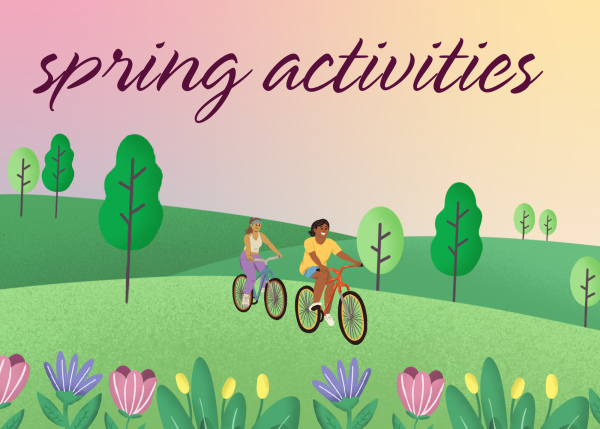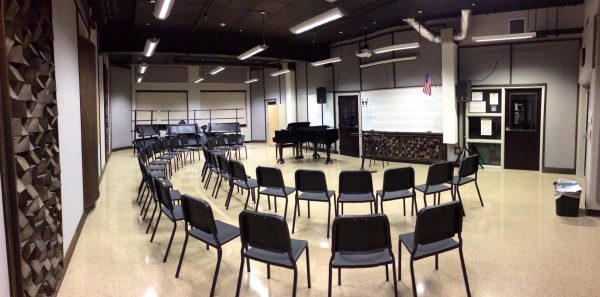The Effects Sleep Deprivation can Have on Students
Sleep deprivation is extremely common among modern teenagers. The lack of sleep can lead to many physical and mental problems during these important years of a person’s life.
Some physical problems include obesity, type 2 diabetes, and certain injuries.
The absence of sleep can also have several mental effects. For example, students may experience anxiety, depression, and suicidal thoughts. Additionally, many students are shown to have more behavioral and concentration problems which can lessen their performance in school.
Furthermore, a student’s emotional state can be disrupted. They can experience negative emotions that they would be able to work through if they had gotten the proper amount of sleep. Getting enough sleep allows a person to think more clearly and increases alertness. Without sleep people can become a danger not only to themselves, but also to the people around them.
This does not just affect them during school, but it can affect them on the roadways. While driving, students will be less alert which can cause drowsy driving. According to the National Highway Traffic Safety Administration, drowsiness and fatigue cause more than 100,000 traffic accidents each year and young drivers are at the wheel in more than half of the crashes.
A student’s memory can be affected due to the lack of sleep. During an interview, Chloe Mauvais, 16, stated that she did not remember much from her sophomore year of high school because of her extreme amount of stress and the lack of sleep to reset her. Mauvais said she could not address her stress because she had “no coherent thoughts.”
Students here at Blackman have also been affected by sleep deprivation. What is keeping them from sleeping?
“Homework and chores keep me from getting the recommended hours of sleep,” said Madison Goad, sophomore.
Technology is also a common reason that students tend to not sleep.
“I’m not really sure what causes me to not get enough sleep. Maybe it’s from being on my phone right before I go to sleep,” stated Rhema Fentress, sophomore.
How does this lack of sleep affect them in their day-to-day life?
“I doze off in class and fall behind. I also start to fall asleep/get tired sooner,” Goad claimed.
Changes in attitude are visible as mentioned before.
“It affects me in a way that makes me exhausted all day and not as cheerful as I usually am. The lack of sleep sometimes makes me unable to concentrate and/or miss things in class,” Fentress explained.
There are a lot of negative effects of being sleep deprived, so students gave their opinion on how to get more sleep at night.
“Teachers need to give homework that’s not as hard or less homework. If that’s not an option, then better time management,” Goad proposed.
Prioritizing sleep over a couple more minutes of screen time will help you in the end.
“Get off your phone and let your mind rest before you go to bed,” Fentress recommended.
Getting enough sleep is essential for everyone, especially adolescents. The effects of not getting enough sleep will continuously get worse and can have lasting changes on your body. Make sure to get the proper amount of rest and allow your body to heal from the stresses of life.

Allie Giroux is a junior and this is her second year in journalism. In addition to being the associate editor for The Blackman Voice, she is also a member...








